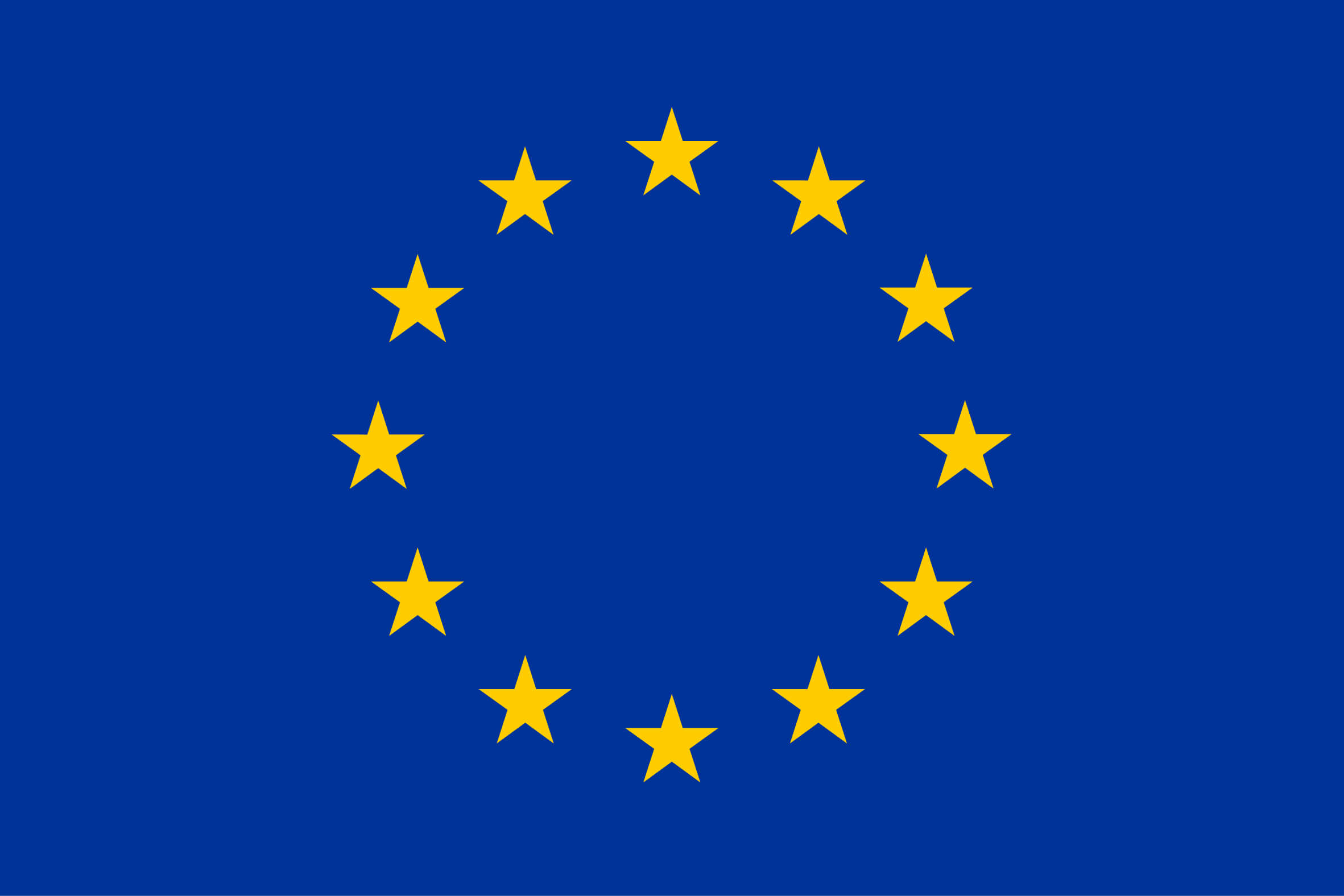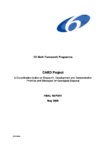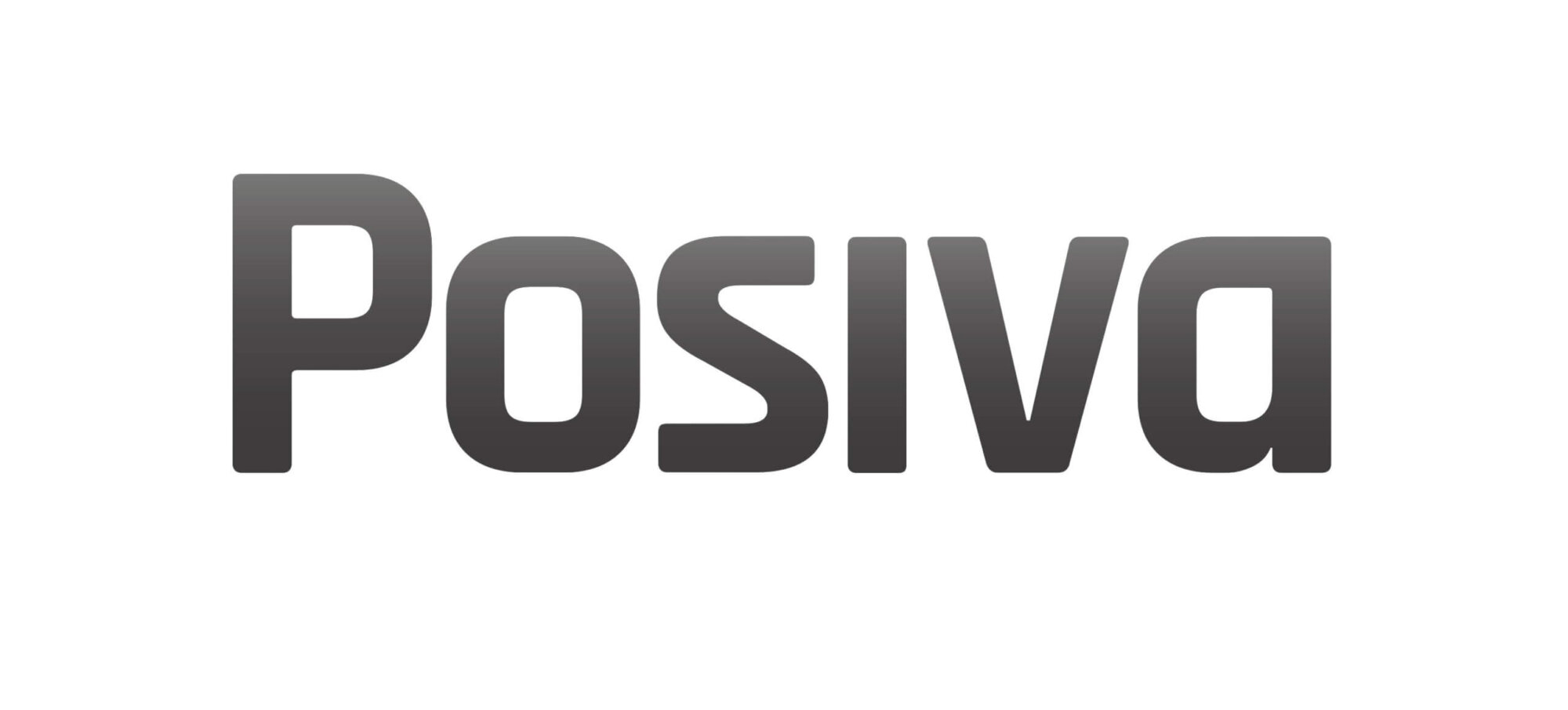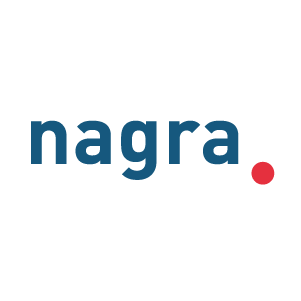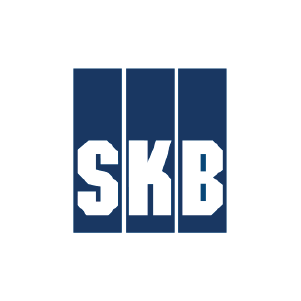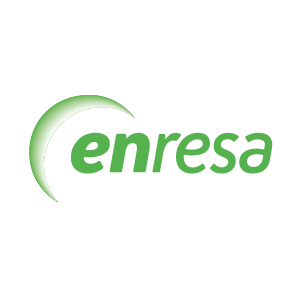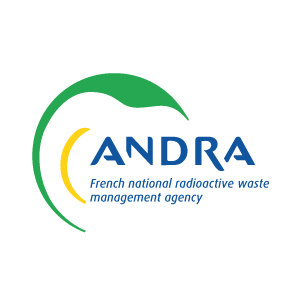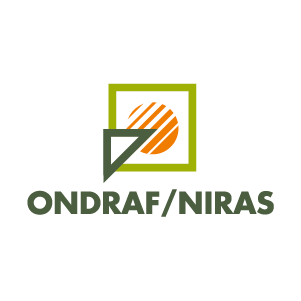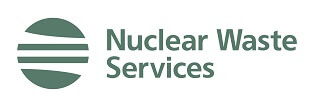CARD: A Co-ordination Action on Research, Development and Demonstration Priorities and Strategies for Geological Disposal
The EC CARD (Co-ordination Action on Research, Development and demonstration (RD&D) priorities and strategies for geological disposal) project was undertaken to assess the feasibility of a technology platform that would provide a European framework for networking and co-operation in the field of RD&D for geological disposal of radioactive waste in the EU.
The results and recommendations of the CARD project lead directly to the production of the 2009 Vision Document and the launch of the Implementing Geological Disposal of Radioactive Waste Technology Platform (IGD-TP).
Overview
Project Dates: 01/11/2006 – 31/03/2008
Project Status: Closed
Website: www.cardproject.eu (now taken down)
The aim of the CARD Project was to assess the feasibility of a Technology Platform (TP) that would provide a European framework for networking and co-operation in the field of RD&D for geological disposal of radioactive waste in the EU. The primary participants of the project were radioactive Waste Management Organisations (WMOs) representing ten nations. Participating organisations/nations were:
- NDA (UK) [project co-ordinator]
- ONDRAF/NIRAS (Belgium)
- RAWRA (Czechia)
- Posiva (Finland)
- ANDRA (France)
- GRS (Germany)
- ARAO (Slovenia)
- Enresa (Spain)
- SKB (Sweden)
- Nagra (Switzerland)
The project participants met to discuss the objectives, structure and working methods of a TP and prepared a preliminary vision for the platform and a detailed questionnaire on that vision. The questionnaire was circulated among relevant stakeholder organisations including research providers, regulatory bodies, safety authorities and nationally appointed WMOs. Organisations participating in the questionnaire were also invited to an open workshop in Brussels.
The final report synthesised the findings of the project and recommendations for the subsequent implementation of the platform.
Objective
The main objectives of the CARD project were to assess the feasibility of a TP, including the level of support from stakeholders, the needs that the platform would fulfil and its viability. In the case that the viability of such a platform was confirmed, it also aimed to identify and define (to the extent possible) the structure, scope and working methods of the TP to provide a starting point for its implementation.
Results
The project identified that there was an appetite for the concept of a European TP in the field of RD&D for geological disposal of radioactive waste. It was determined that organisations with a responsibility for commissioning and applying RD&D to the development of repository safety cases and repository designs should provide the driving input to establish and direct a TP as the platform must serve their needs.
The primary envisioned benefits and objectives of the platform were:
- Gaining understanding of who is doing what RD&D and for what reasons, and thus to learn each other’s planning strategy and underlying structure for planning RD&D activities and organising information.
- For advanced national programmes, supporting the implementation process through discussion on key issues and formulation of focused and efficient RD&D responses, also taking account of views from regulators and other stakeholders. Potentially also sharing resources to tackle issues that require handling in national programmes.
- For less advanced national programmes, giving advance insight on future requirements through the same processes and giving the opportunity to allocate resources to encourage early solutions and follow developments.
- Enhancing public acceptance and confidence through demonstrated openness of discussing problems and the RD&D requirements, and developing broadly-based technical consensus on the state-of-the-art of science and technology, allowing objective identification of the uncertainties that still remain.
The project proposed that the TP would be established and directed by the organisations that have national programme responsibilities for commissioning and applying RD&D for the implementation of geological disposal (typically WMOs). The platform itself was proposed to consist of:
- A forum for exchange of information and discussion of RD&D needs, as well as results, in relation to implementation of geological disposal.
- A working programme controlled by an executive group that is supported by a secretariat which would include:
- Working groups with specific mandates relating to the TP; and,
- Collaborative projects and activities.
The implementation of the TP was proposed to take a step-by-step approach: first obtaining commitment from participating organisations, then drafting a ‘Vision Document’ to be distributed and signed and finally launching the platform.
Following the conclusion of the CARD project, its results were synthesised into the 2009 Vision Report which provided the starting point for the launch of the Implementing Geological Disposal of Radioactive Waste Technology Platform (IGD-TP). The IGD-TP now boasts members from over 27 countries and supports information exchange, knowledge transfer and the co-ordination of RD&D activities among members. Further information about the IGD-TP can be found on our about page: https://igdtp.eu/about/.

